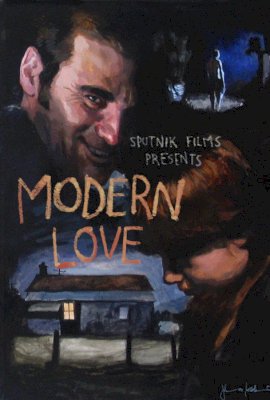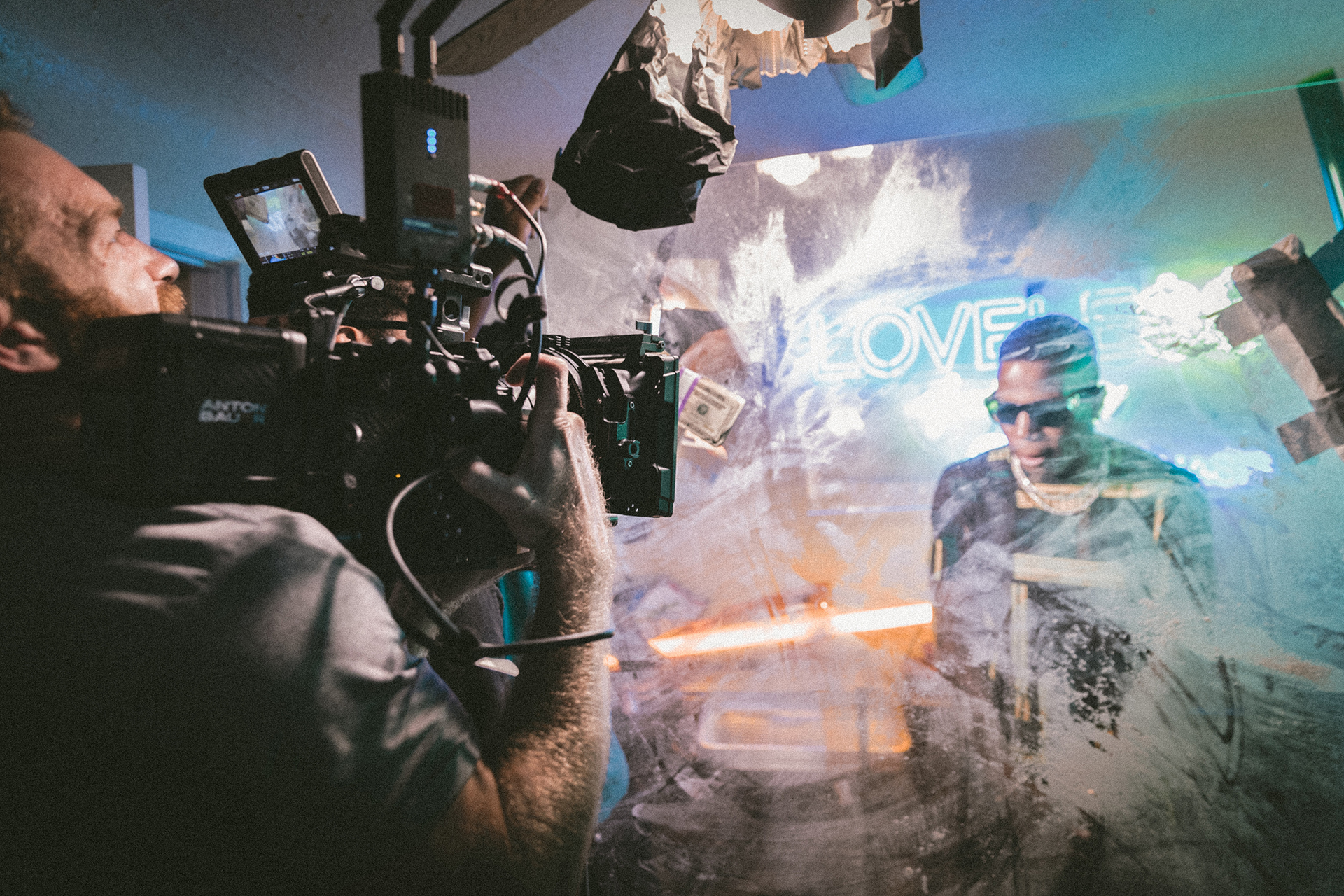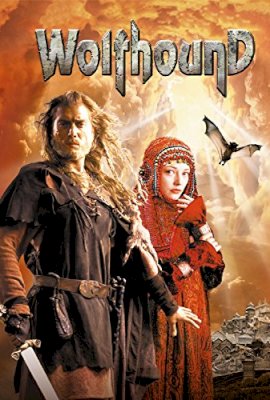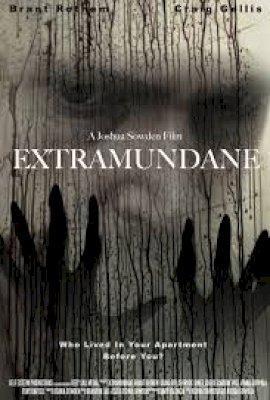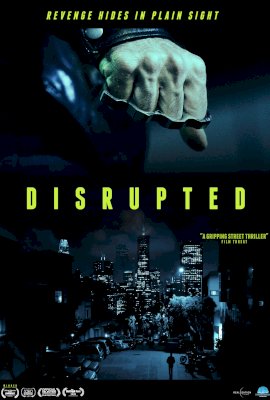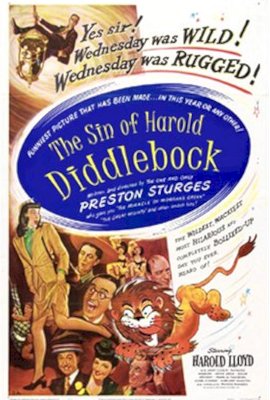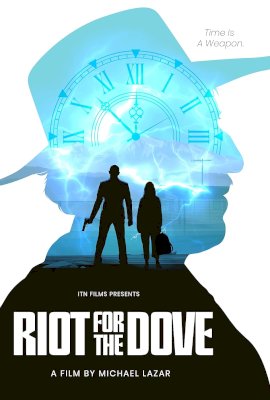Discover
-
 Modern Love (2006): Absurdity in Suburbia or Just a Midlife Crisis on Steroids?
29.04.2025, 21:44 by Mosha
Modern Love (2006): Absurdity in Suburbia or Just a Midlife Crisis on Steroids?
29.04.2025, 21:44 by Mosha
Modern Love (2006), directed by Alex Frayne, is a surreal and deeply polarizing Australian drama that dives into the disintegration of domestic life with a dreamlike, almost alien tone. It tells the story of John (Mark Constable), a seemingly average man living in an isolated coastal town with his wife and daughter—until his already fragile sense of self starts to unravel in bizarre and unsettling ways.
From the outset, the film doesn’t try to comfort its audience with clear narrative beats. It feels more like a fever dream than a straightforward drama. The tone is cold, clinical, and detached, yet visually arresting. Frayne uses long takes, stark framing, and barren landscapes to emphasize emotional isolation and the creeping dread that hides behind daily routines. It's clear he’s more interested in evoking feeling than explaining anything.
John’s life begins to spiral into the surreal following a vague family tragedy, but Modern Love doesn’t deal in exposition. Instead, it drifts through moments that are at once mundane and otherworldly, as if suburbia itself is on the verge of collapse. There’s a Lynchian eeriness in how ordinary people behave like malfunctioning machines, offering blank stares and cryptic dialogue. Reality fractures slowly, and the film offers no easy map.
Mark Constable’s performance is subdued and internalized—sometimes frustratingly so. But in the context of the film’s aesthetic and narrative ambiguity, his emotional blankness makes a certain sense. This is a man sleepwalking through life until the walls of his carefully constructed normality start to bleed.
This is not a film for viewers looking for plot-driven storytelling or clear answers. Modern Love feels more like visual poetry mixed with psychological horror, exploring the rot beneath domestic bliss and the fragility of identity. Some may find it profound, others unbearably pretentious. But one thing is certain—it will linger with you, like a strange dream you can’t quite interpret.
In its quiet absurdity and existential dread, Modern Love asks an unsettling question: what if the greatest horror isn’t some external threat, but the slow, silent erosion of self beneath the surface of a perfectly “normal” life?

